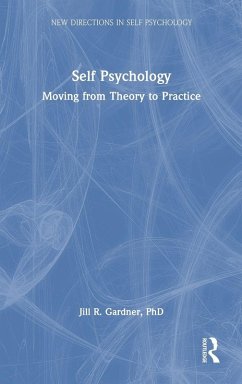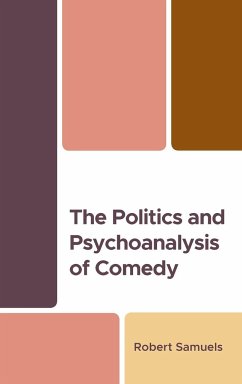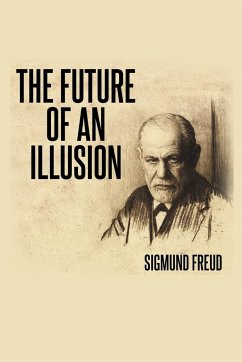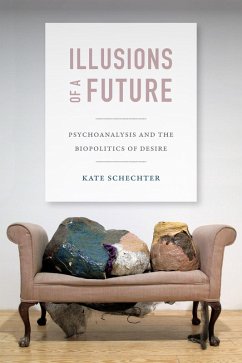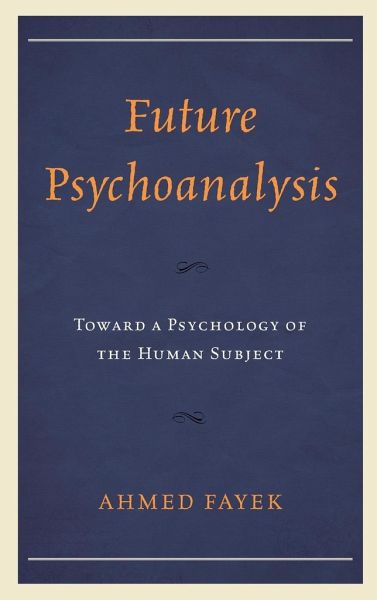
Future Psychoanalysis
Toward a Psychology of the Human Subject
Versandkostenfrei!
Versandfertig in 1-2 Wochen
109,99 €
inkl. MwSt.
Weitere Ausgaben:

PAYBACK Punkte
55 °P sammeln!
A crisis in psychoanalysis has been developing since the 1970s, manifesting in a gradual but persistent loss of patients and young mental health providers in psychoanalytic training and therapy. In a peculiar way, the Freudian informative theory of psychoanalysis has been going through a parallel crisis of its own. There have been internal disagreements and differences among analysts about how to develop the theory and protect the profession of psychoanalysis. The internal disputes have resulted in chaotic theoretical plurality, which replaced classical informative theory. In spite of obvious ...
A crisis in psychoanalysis has been developing since the 1970s, manifesting in a gradual but persistent loss of patients and young mental health providers in psychoanalytic training and therapy. In a peculiar way, the Freudian informative theory of psychoanalysis has been going through a parallel crisis of its own. There have been internal disagreements and differences among analysts about how to develop the theory and protect the profession of psychoanalysis. The internal disputes have resulted in chaotic theoretical plurality, which replaced classical informative theory. In spite of obvious and serious concerns about these crises, none of the solutions has been useful. Future Psychoanalysis: Toward a Psychology of the Human Subject focuses on the future of psychoanalysis considering its current critical condition. The informative theory of psychoanalysis has reached its limits, but its structural base offers a comprehensive theory, promising fruitful future psychoanalysis. It is a theory of the structural foundation of the intrapsychical core of the human subject. Since the human sciences are currently adopting the structural outlook in their fields of research, psychoanalysis could join the humanities as one of its fields, not just as a clinical profession that is parasitically linked to the more active idiographic fields of epistemology. Future Psychoanalysis introduces a structural theory of psychoanalysis to replace the demising informative theory and points to where future psychoanalysis will thrive.





